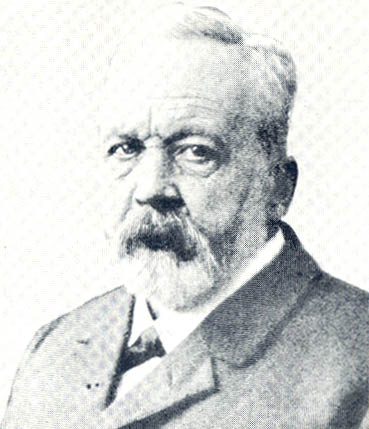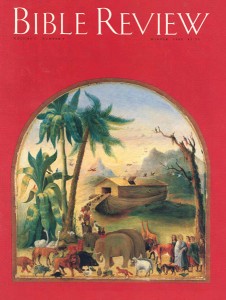Julius Wellhausen
Sidebar to: The Documentary Hypothesis in Trouble

Julius Wellhausen(1844–1918), a great and stormy figure in history of biblical studies, brought together the work of earlier documentary critics in a brilliant synthesis that has dominated the study of the Pentateuch for the last hundred years. In his Prolegomena to the History of Ancient Israel (1883), Wellhausen used his revised sequence of Pentateuchal sources to reconstruct the history of Israel. He regarded the earliest sources, the Yahwist(J) and Elohist (E), as reflections of a primitive and spontaneous stage of nature religion. The latest, the Priestly source (P), which included a great mass of cultic regulations, corresponded to the rigid ecclesiastical institution of the post-Exilic period (after 586 B.C.). Within this scheme of things, Deuteronomy (D) marked the passage from the old order to the new. According to Wellhausen, the publication of the Deuteronomic law (Deuteronomy 12–26) toward the end of the Israelite monarchy in, the late seventh century B.C, brought the old freedom of worship to an end and sealed, the fate of classical prophecy. The Deuteronomic reform insisted on one central sanctuary—the Temple in Jerusalem. All religious authority now depended on a written law; Deuteronomy thus prepared the way for the legalism and ritualism of the post-Exilic period. It is precisely in this period that we find the origins of Judaism. According to Wellhausen, Judaism’s legalistic and ritualistic character has persisted to the present.
Already a library member? Log in here.
Institution user? Log in with your IP address.

